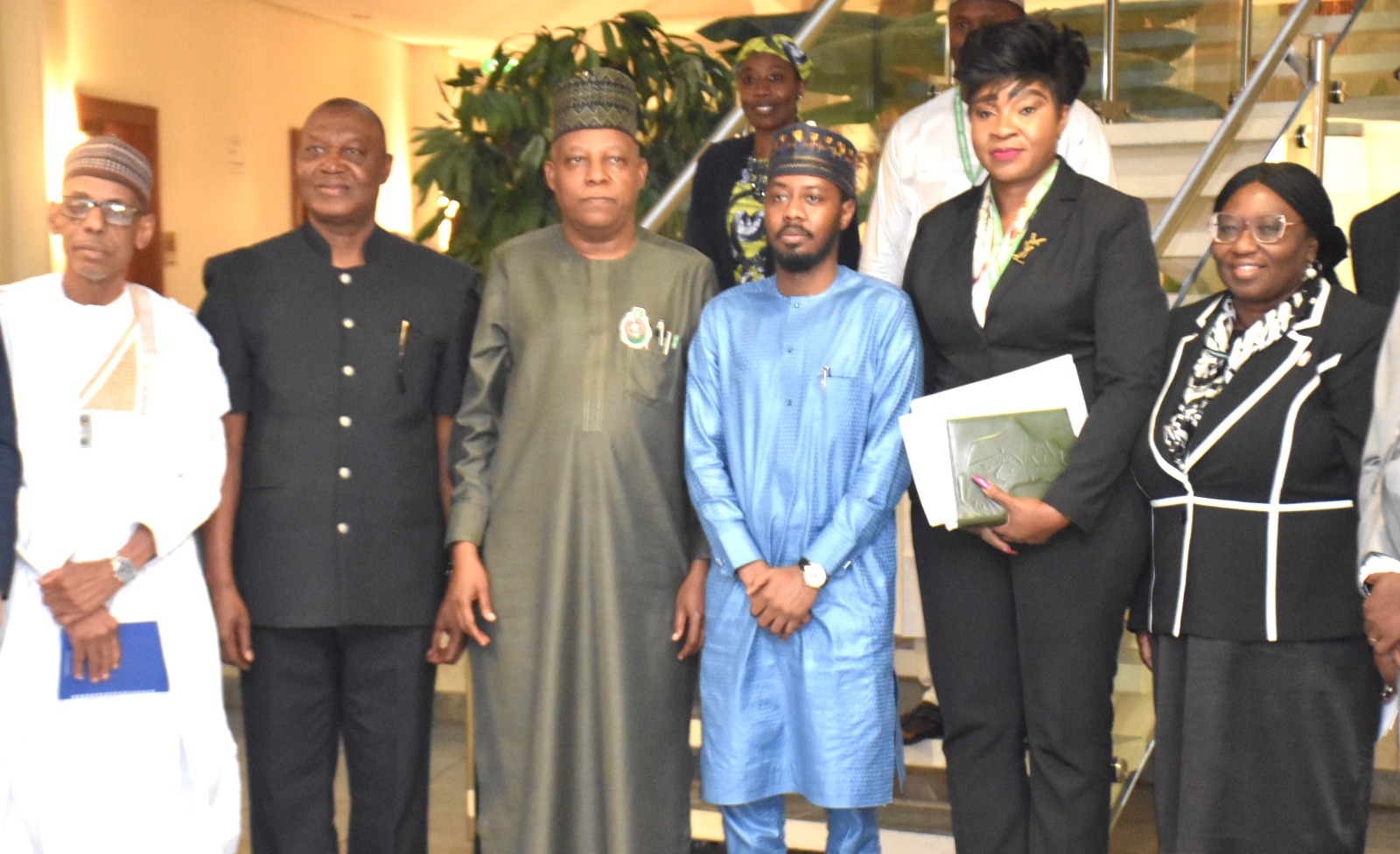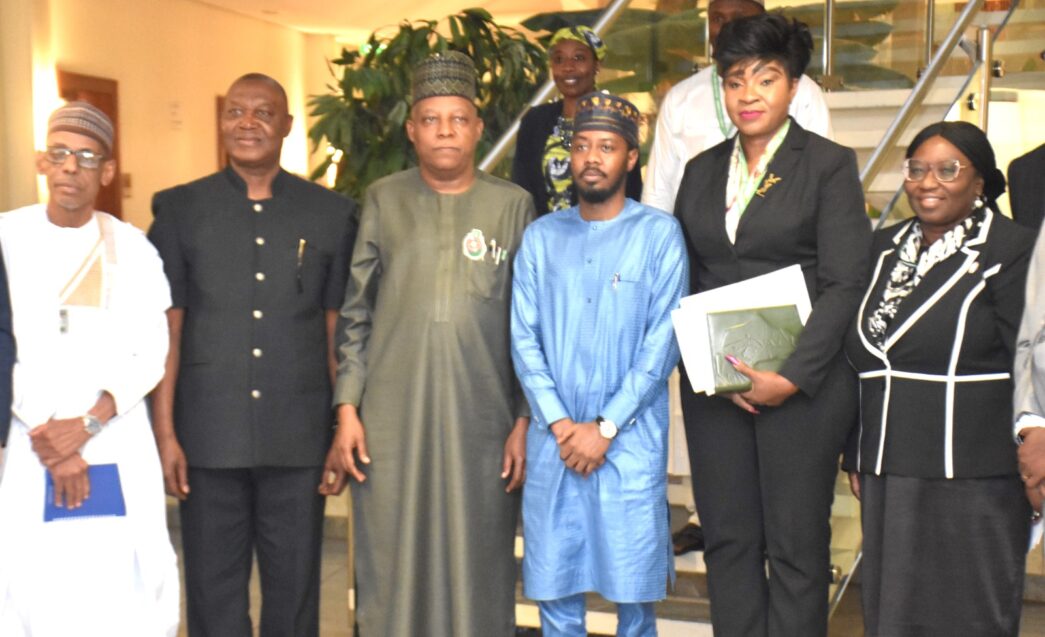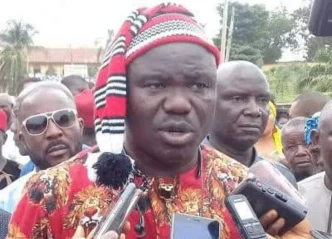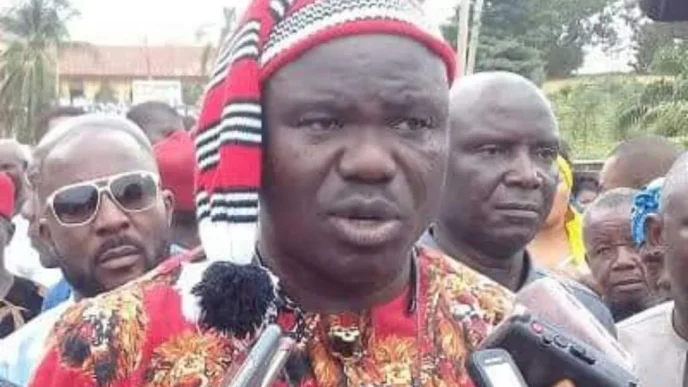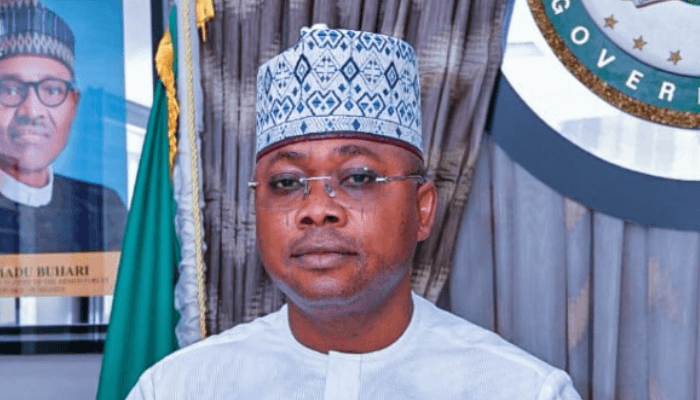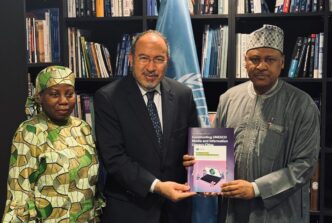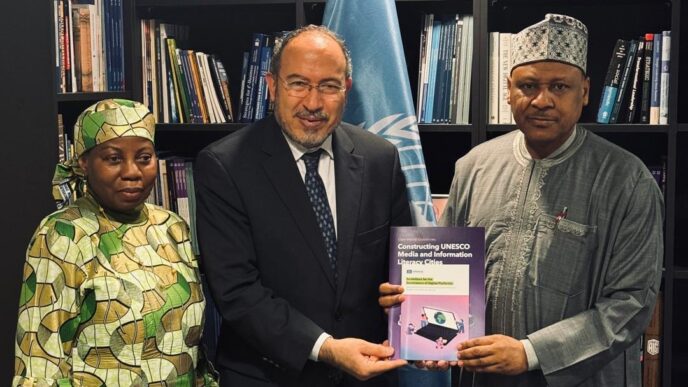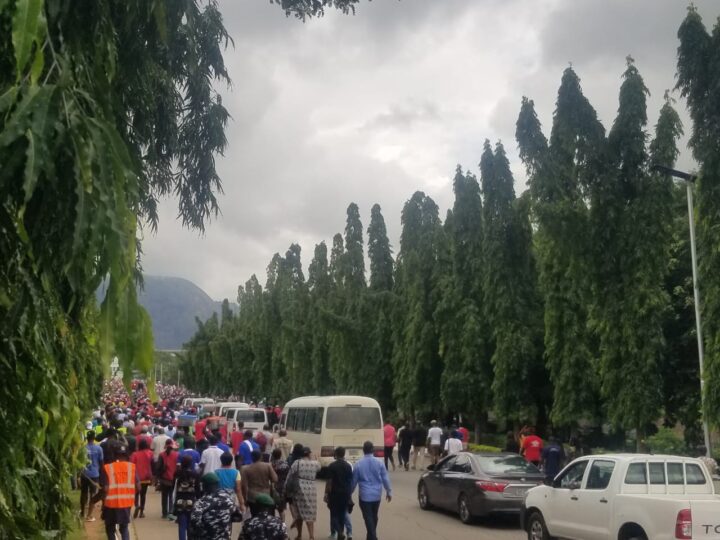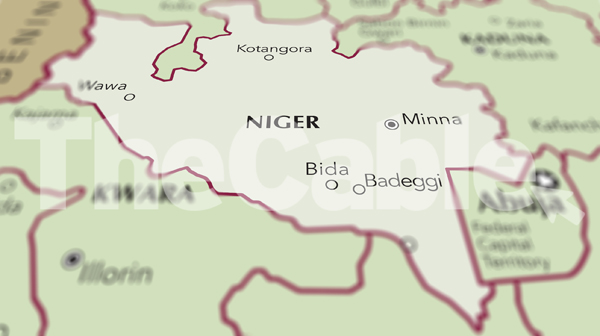Vice-President Kashim Shettima says the federal government has initiated the legal process institutionalised the special agro-industrial processing zone (SAPZ) initiative, making it a government agency for sustainability.
According to a statement by Stanley Nkwocha on Friday, senior special assistant to the president on media and communications, Shettima spoke during the SAPZ-2 programme co-financiers meeting held on Thursday at the presidential villa in Abuja.
Nkwocha said the programme aimed to create new hubs that integrate the production, processing, and distribution of targeted crops and livestock to achieve food security, increase incomes, improve livelihoods, and support economic diversification.
He said the vice-president described the programme as a unique initiative set to deliver infrastructure for processing zones by the end of 2025.
Advertisement
“With the African Development Bank (AfDB), the SAPZ programme is different from any other programme and has been set on autopilot with the Design, Build and Operate (DBO) model that is set to deliver infrastructure for the processing zones by the end of 2025,” Shettima was quoted as saying.
“The accelerated implementation plan for phase one and the onboarding of the phase-two states will enable us to achieve Mr President’s Food Security Agenda.
“The strategic focus is to set modalities for increased production and processing of Cassava, Rice, Maize, Cocoa, Tomatoes, and Livestock amongst other designated SAPZ priority crops in all the seven participating states and the FCT for this upcoming dry season.”
Advertisement
Shettima called on international development partners to co-finance the second phase of the SAPZ programme to accelerate its implementation for agro-industrial growth in the country, describing it as a win-win situation for both the Nigerian government and development partners in meeting their development objectives.
“This meeting has become imperative to mobilise additional financing for the second phase of the programme to accommodate more states beyond the ten that have been earmarked,” Shettima said.
“We currently have a commitment of $600 million from @AfDB_Group through a multi-tranche financing arrangement of $200 million/year and $300 million from @badeabank expected to be allocated on a $100 million/year basis.”
‘THE SAPZ HAS IMPROVED LIVES OF SMALLHOLDER FARMERS’
Advertisement
On October 27, the federal government announced it had secured a $1 billion investment for the SAPZ in 24 states of Nigeria.
The African Development Bank (AfDB), Islamic Development Bank (IDB), and International Fund for Agricultural Development (IFAD) raised the funds.
Also speaking, Kabir Yusuf, the national programme coordinator of the SAPZ, said the primary aim of the project is to boost the country’s agro-industrial development, enhance food security, create jobs, and reduce poverty.
He said the programme spans eight states: Kano, Kaduna, Kwara, Oyo, Ogun, Imo, Cross River, and the federal capital territory (FCT).
Advertisement
“The primary objective is to support sustainable and inclusive agro-industrial development through four components: infrastructure development in agro-industrial hubs, agricultural productivity, policy implementation, and programme management,” Yusuf said.
“For every participating state, we first identify the crop with a competitive and comparative advantage, then support production and agro-processing to reduce Nigeria’s 40 percent post-harvest losses. Closing this gap can improve food security by 40 percent.”
Advertisement
“We provide catalytic infrastructure such as power, access roads, and water treatment plants, significantly reducing operating costs for investors. This initiative not only supports agro-industries but also positions Nigeria for sustainable economic diversification.”
On her part, Dede Ekoue, Nigeria’s country director for IFAD, said positive outcomes have emerged from the first phase of the initiative.
Advertisement
“We are seeing positive outcomes in Kano, where the lives of smallholder farmers and agro-industries have improved,” she stated.
Also speaking, Abdul Kamara, director-general of the AfDB Nigeria country office, was quoted as reiterating that the programme positions Nigeria to leverage opportunities like the African continental free trade area (AFCFTA) “by adding value to exports beyond national consumption”.
Advertisement
Daniyar Abylkhan, a member of IDB’s Nigeria country office, said based on the success of the first phase, his firm is committed to participating in the second phase and ensuring its continued impact.
Add a comment
